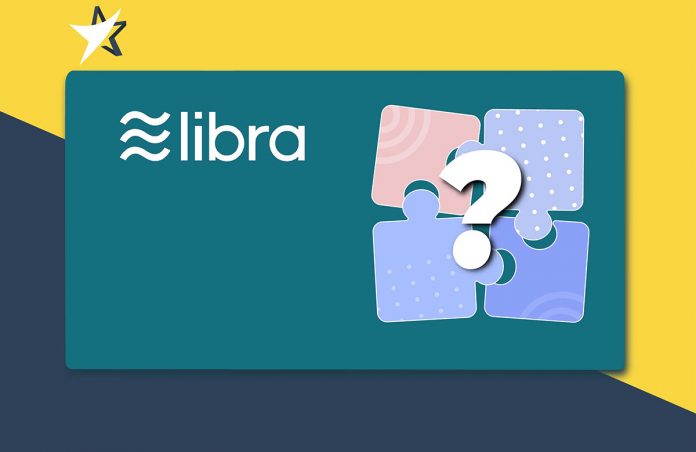At the 2019 World Blockchain Forum conference in Ho Chi Minh City, Vietnam, cryptocurrency professionals from around Asia gathered to discuss the new coin announced earlier by Facebook which they are calling “Libra”, possibly a snub by Mark Zuckerberg against the Gemini cryptocurrency exchange owned by the Winklevoss twins, who had been in a legal dispute with Zuckerberg over Facebook. The announcement also includes their initial wallet implementation called Calibra.

The panel discussion brought together people from different professional backgrounds such as legal, government, investment, community, technical, and exchange, as well as from different countries like the Philippines, Indonesia, Korea, and Vietnam. In general, the reception has been net positive in the community with many seeing benefits to the overall crypto ecosystem and economy already as interest grows. However, there will be a number of barriers to implementation, which was the main focus of the conference’s panel on Libra.

First, Libra is still just a white paper with a git repository. The ideas in the white paper have not yet been implemented in code, so there’s nothing to fully run. Another thing is that the white paper mentions needing to use a permissioned Proof-of-Stake (Pos) consensus algorithm to begin with while working towards a permissionless system later, without specifying how that would work. Although the tech giant surely has the developer resources to create a working product, the developers will need to know what to build based on a viable technical architecture. Other parts of Libra, such as the concept of Gas to pay for transactions, are copied from Ethereum, while Ethereum has struggled to prove that PoS can work. Libra may never achieve this goal in a permissionless manner, meaning it will always be a rather centralized financial system, not Bitcoin.
Second, the white paper makes a point about creating a new financial system to include the currently unbanked masses in developing countries. Most of the panelists were based on Asia’s developing countries and didn’t feel that Libra was addressing any of the problems in these developing countries’ financial systems. A panelist also remarked that the size of the unbanked developing country population was off, further diminishing the relevance of this point. The point seems lost among the developing world but maybe aimed at Westerners who are unfamiliar with the reality in developing economies but have heard that they don’t use the same financial systems.
Third, Libra faces numerous legal challenges. Unlike decentralized and permissionless cryptocurrencies like Bitcoin and MakerDAO’s DAI stablecoin, Libra’s consortium, although based in Switzerland, can be legally challenged and forced to stop operating or be limited in other ways. Libra’s consortium is made up of companies whose businesses are also regulated. Libra will rely on fiat on-ramps and off-ramps in various countries, and the wallets that integrate with those fiat services may also fall under existing regulations in each country, depending on where each user is located. How Libra will be regulated in Vietnam remains an open question.
These remain tough issues for the new “corporate coin”. Central banks that provide the underlying assets to this pseudo-stablecoin will also feel pressure to protect their sovereignty from privately issued coins like Libra.
Reference: View more on BitcoinVN News



